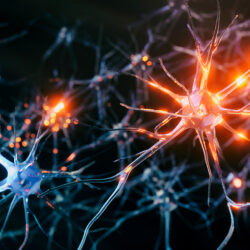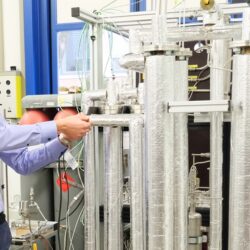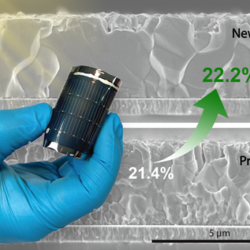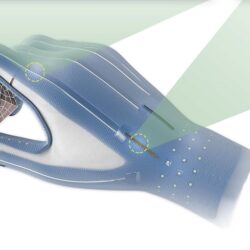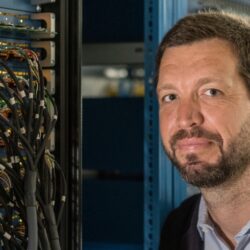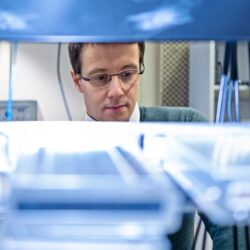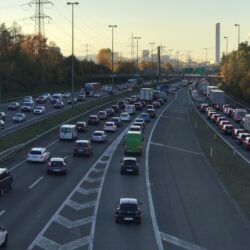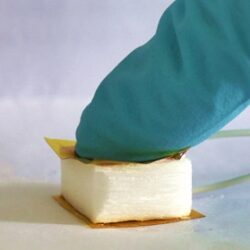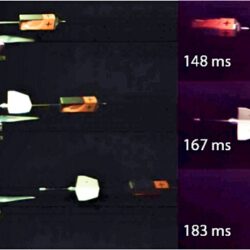Sustainable Roads: The Evolution of Asphalt Recycling
Switzerland is built, at least as far as the road network is concerned. Therefore – and despite recycling –, significantly more reclaimed asphalt is generated today than can be reused in new roads. Empa researcher Martins Zaumanis has set himself the goal of increasing the recycled content of asphalt – with adapted production methods and Read more about Sustainable Roads: The Evolution of Asphalt Recycling[…]

